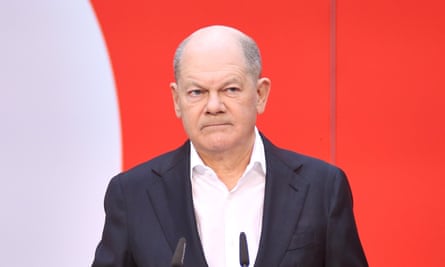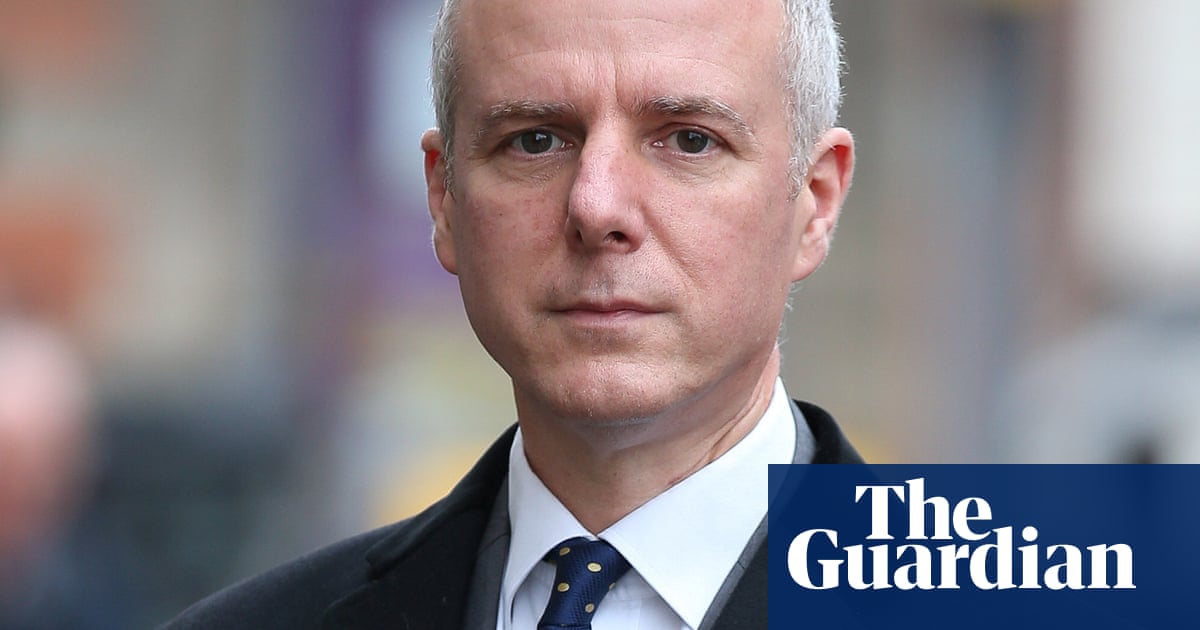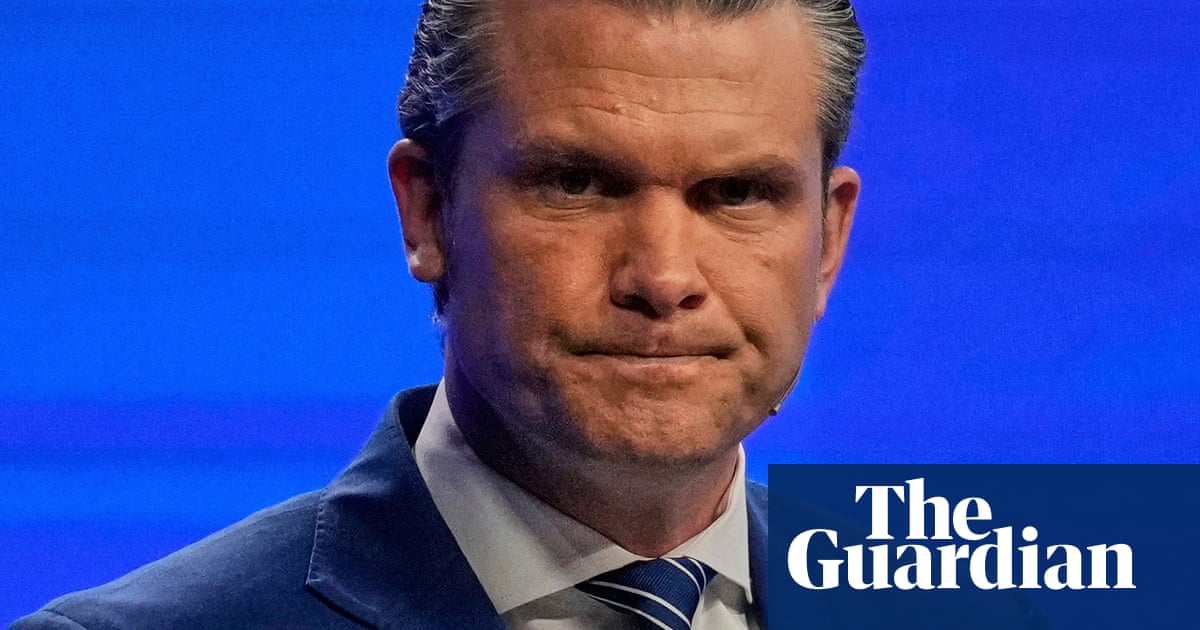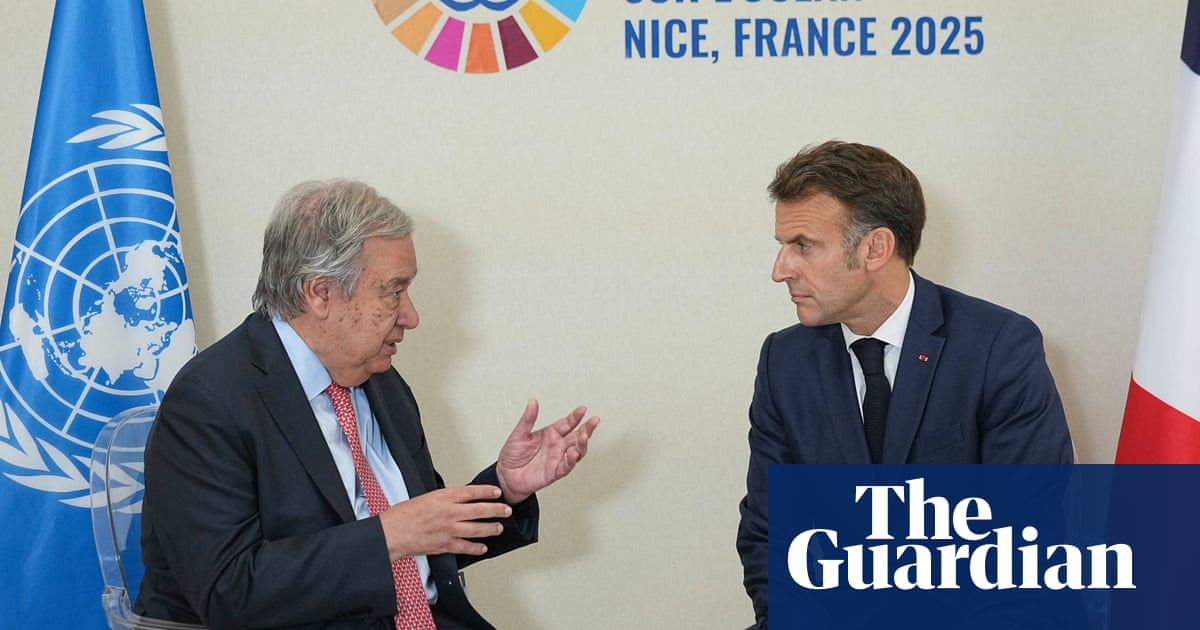Germany’s outgoing parliament could be asked to sign off on a new defence fund in its final weeks as the conservative winners of Sunday’s election seek to balance geopolitical demands with the looming pressures of a new Bundestag hostile to military spending.
Since the victory of his CDU/CSU alliance, Friedrich Merz has spoken of the urgent need for Europe to ramp up its own defence capabilities, saying it needs “independence from the USA” amid an unpredictable Trump administration and a looming threat from Russia.
Germany just about met the Nato target to spend 2% of its GDP on defence last year but is falling far short of US demands that it boost its spending to nearer 5%.
On Tuesday the CDU/CSU and its potential coalition partner the Social Democrats (SPD) were reported to have had initial discussions on how to move forward on defence funding.

Representatives of both camps were discussing creating a fund similar to the €100bn (£82.9bn) pot that the current chancellor, Olaf Scholz, created in order to increase Germany’s military competence shortly after Russia launched its full-scale invasion of Ukraine in February 2022.
That fund has almost dried up, adding urgency to an already fractious political moment. The new fund would be in the region of €200bn (£165.9bn), Deutschlandfunk (DLF) reported. The SPD and CDU/CSU both declined to comment.
If it has enough backing, the new fund could be approved by the current parliament before it is dissolved at the end of March. A constitutional reform to ease the so-called “debt brake” that limits new state borrowing to 0.35% of GDP – seen by some as the only way of allowing for consistently increased military spending – is far more controversial.
Merz, who before the election signalled his willingness to consider reforming the debt brake in view of military spending needs, appeared on Tuesday to dismiss it as an imminent possibility, saying: “A reform of the debt brake in the near future is out of the question.”
The thorny issue was explosive enough to bring down Scholz’s “traffic light” coalition, and the parliament resulting from Sunday’s election is also expected to be hostile due to a huge expansion of far-left and far-right factions who have said they would obstruct a relaxation of the debt brake if the intention was to fund the military.
Together, the far-right Alternative für Deutschland (AfD) and far-left Linke party will have more than a third of seats – enough to form a so-called “blocking minority”.
On Tuesday one of Merz’s close allies said the conservatives had little choice but to seek alternatives to boost defence spending. “Very fast decisions are needed, quite specifically on security and foreign policy,” Thorsten Frei, parliamentary leader of the CDU/CSU faction, told DLF, pointing to “highly dynamic foreign policy changes”.
The SPD, Greens and market-liberal FDP have indicated they would give Merz support while the current Bundestag still has a decision-making mandate. The Linke party said it would vote against moves to create a new fund but has hinted it might be open to negotiation on other issues if Merz were to listen to some of its concerns over issues like housing and the cost of living.
But the would-be chancellor faces a race against time. “We now have four weeks to think about it,” he said on Monday, referring to the cut-off date of 25 March.
after newsletter promotion
Merz’s potential coalition with the SPD, which he hopes will be up and running by Easter, would only enjoy a 52% share of parliamentary votes in the future legislative. This amounts to the smallest coalition that the centrists have ever been able to form. Formerly referred to as a “GroKo”, short for grand coalition, some are suggesting it should have a more fitting name, like Cola Zero or Baby Grand.
Questions over the debt brake are likely to plague it.
The current defence minister, Boris Pistorius, who is likely to be part of a new government in another role, has pushed for the reform, saying that in light of Germany’s new challenges it is “almost unavoidable”.
Britta Haßelmann, co-leader of the Greens’ parliamentary group, has also said the reforms are necessary. “We urgently need future investments in both domestic and foreign security, for climate protection and to support the economy,” she told German radio.
But Merz faces some internal resistance. Hendrik Wüst, leader of the most populous state, North Rhine-Westphalia, has said the new government needs to first set out its plans for spending cuts before decisions about taking on new debt.
The AfD, which won more than 20% in the vote and is against German support of Ukraine, has made its position typically clear. Its co-leader Alice Weidel warned Merz would be committing “voter fraud” if he altered spending rules in the existing parliament.
She posted on X: “This is politics against the will of the voters!”
Scholz and Merz met for coffee in the chancellery on Tuesday to discuss details over the transition of power, including how Scholz plans to represent both his and Merz’s positions at international gatherings, including Sunday’s defence meeting in London.

 3 months ago
49
3 months ago
49

















































